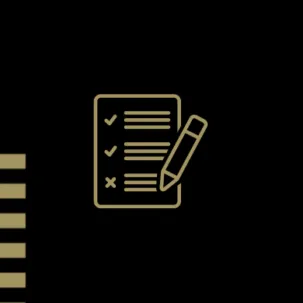Why take this course?
As digital marketing increasingly permeates every industry sector, the key skills acquired in this programme are critical in the modern workplace.
This programme is built on a multidisciplinary foundation with a focus on data analytics, software implementation and marketing using a variety of modern technology and tools.
What will I experience?
This programme will be delivered over one academic year (commencing in September) and is aimed primarily at learners interested in acquiring a highly practical level 9 qualification in digital marketing practice and strategy.
The programme not only provides graduates with a deep understanding and knowledge of digital marketing but equally importantly, also provides the professional digital marketing skills to operate effectively in the modern workplace. In doing so, this programme responds to the identified needs of industry by enhancing the supply of top-class PPC and advertising specialists.
What opportunities might it lead to?
As a result of the Covid pandemic, businesses are spending more and more on digital marketing as they shift their businesses online. It has been noted that digital advertising categories have had a positive outlook in 2020, paid search is projected to show the fastest growth with a 26% increase in advertising spend expected. Other digital advertising categories on the plus side in 2020 include: Social media (+25%), Connected TV (+19%), Digital video (+18%) and Digital display (+15%) (Interactive Advertising Bureau, 2020; AdWord.ie, 2020; Statistica, 2020). Skills shortages and salary hikes can be seen in specialist areas like e-commerce, PPC, SEO and data analysis (Prosperity, 2020). This programme is timely for graduates as it will equip them with the knowledge and skills required to respond to current industry demands.



